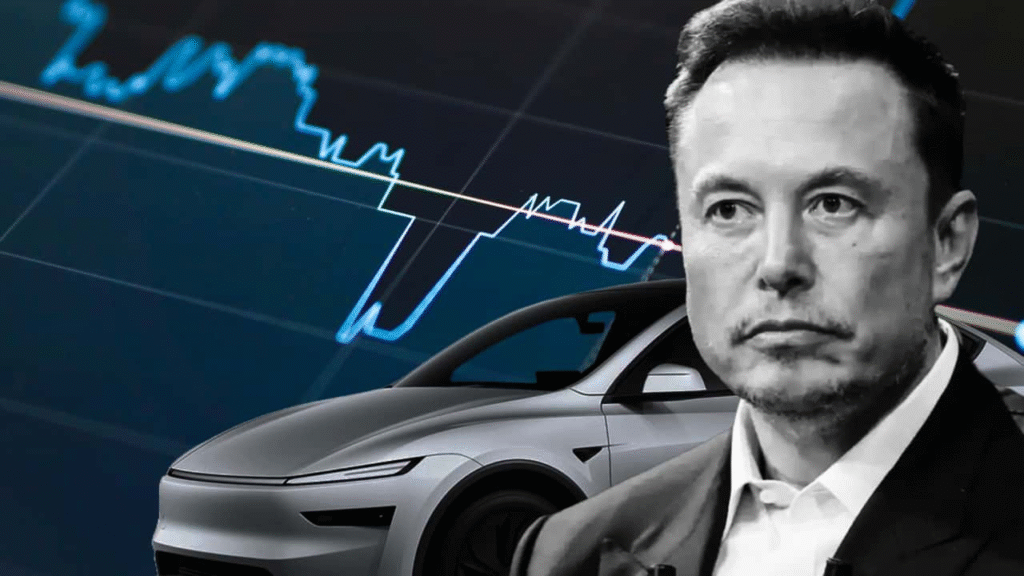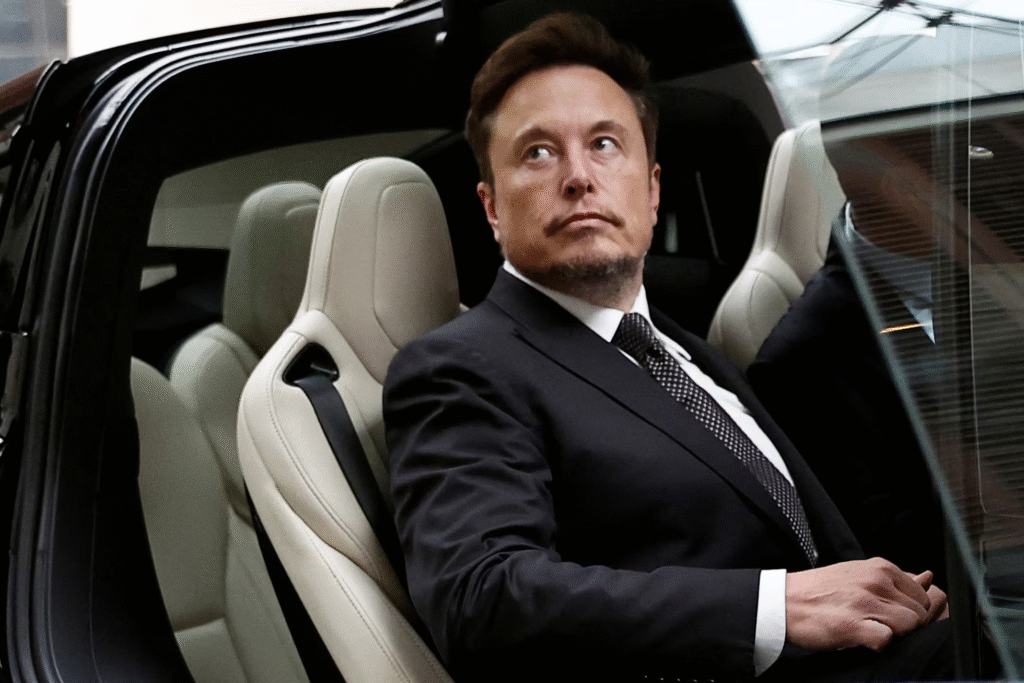Elon Musk: The Architect of Tomorrow – A Journey of Vision, Risk, and Unimaginable Wealth
Elon Musk is not merely the world’s richest person; he is a phenomenon. His journey from a bullied child in South Africa to the architect of multiple future-facing companies is a tale of relentless ambition, immense risk, and a fortune that fluctuates with his visionary—and often volatile—ideas. To understand Elon Musk is to understand a man betting his entire being on a future he is desperate to build. voracious reader, he often found solace in comics and science fiction books, which undoubtedly planted the seeds for his future endeavors. Seeking greater opportunity in technology and innovation, Musk left South Africa for Canada at 17, eventually attending Queen’s University and later the University of Pennsylvania. He graduated with dual degrees in Economics and Physics, a powerful combination that would define his career: the economic acumen to build companies and the physics-based understanding to challenge engineering paradigms.
He was accepted into Stanford University for a PhD in energy physics but dropped out after just two days. It was 1995, and the internet boom was beginning. Musk sensed a once-in-a-generation opportunity and decided to dive in headfirst. It was an idea ahead of its time. He built it with his brother, Kimbal, often working out of a small office and sleeping on a couch. The grind paid off. Rather than retire, he immediately reinvested the majority of his windfall into his next idea: X.com. Despite internal turmoil and a contentious merger with a rival company, Confinity, its product—known as PayPal—thrived. When eBay acquired PayPal in 2002 for $1.5 billion in stock, Musk, as the largest shareholder with 11.7%, walked away with over $175 million. At 31, he was a multimillionaire who had successfully exited two tech companies. For most, this would be a career-defining achievement. For Musk, it was merely the capital required to fund his true life’s work.

In 2002, Musk founded Space Exploration Technologies Corp., or SpaceX, with an almost ludicrous goal: to make space travel affordable and ultimately enable the colonization of Mars. The aerospace industry laughed. Rockets were the domain of governments, not internet entrepreneurs. Musk immersed himself in rocket science, teaching himself from textbooks. The early days were fraught with failure. The first three launches of the Falcon 1 rocket exploded, nearly bankrupting both Musk and his company. The fourth launch, in September 2008, was a final, desperate gamble. It succeeded, securing a crucial $1.6 billion NASA contract to resupply the International Space Station and saving SpaceX from oblivion.
Concurrently, Musk became the lead investor and Chairman of Tesla Motors (now Tesla, Inc.) in 2004. His vision was not just to create an electric car but to prove that EVs could be better, faster, and more desirable than their gasoline-powered counterparts. The road was brutal. The production of the Tesla Roadster was plagued by cost overruns. Musk had to choose which company to save. In a defining moment, he invested his last $35 million into Tesla and secured vital financing at the eleventh hour. He had risked his entire PayPal fortune and won.
While these ventures have seen varying degrees of success and controversy, they all serve his overarching mission: to solve some of humanity’s biggest existential challenges.
Musk’s wealth is intrinsically tied to his persona. He is a master marketer, using Twitter (which he renamed X after acquiring it in 2022 for $44 billion) to make announcements, rally supporters, and challenge critics. This showmanship has been a key driver of Tesla’s success, creating a brand with a cult-like following.
However, this same tendency has courted constant controversy. His erratic tweets have triggered SEC investigations, his public statements often draw ire, and his management style is described as demanding and intense. He is a figure of intense polarization: lauded as a genius by his supporters and criticized as irresponsible by his detractors.
As of early 2024, Elon Musk’s net worth is estimated to be between **$180 and $220 billion**, primarily derived from his ownership stakes in Tesla and SpaceX. This is not a static number. Unlike wealth tied to traditional industries, Musk’s fortune is incredibly volatile, soaring and plunging with Tesla’s stock price, which is itself highly sensitive to his public statements, production numbers, and market sentiment.
His acquisition of Twitter (X) also had a significant impact, as he sold billions of dollars worth of Tesla stock to fund the deal, contributing to a dip in his net worth and the share price.
Elon Musk is more than a billionaire. He is a force of nature whose ambitions have reshaped multiple global industries. He embodies the highest ideals of Silicon Valley innovation and its most disruptive tendencies. Whether he succeeds in getting humans to Mars or not, he has already irrevocably changed the worlds of transportation, energy, and space exploration, proving that a single individual, armed with enough vision and nerve, can indeed try to change the future.

